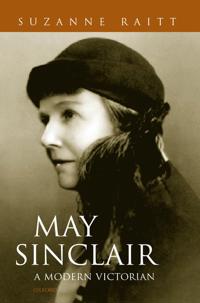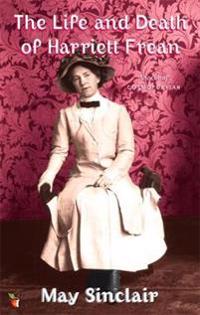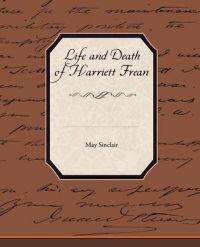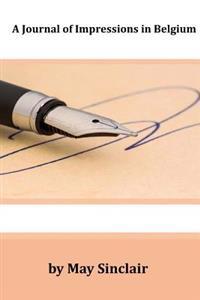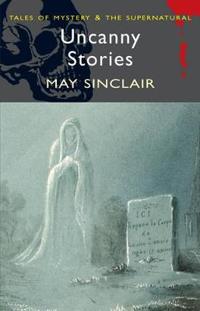May Sinclair (Inbunden)
avSuzanne Raitt
ISBN: 9780198122982 - UTGIVEN: 200003May Sinclair's 1904 novel, The Divine Fire, made her a household name in both Britain and the US. From then on she was a prominent figure in many of the literary and cultural movements of her day. A committed if ambivalent feminist, she published in the suffragist journal Votes for Women, and was on[...]
The Life and Death of Harriett Frean (Storpocket)
avMay Sinclair
ISBN: 9780860681069 - UTGIVEN: 198004Well, I'm glad my little girl didn't snatch and push. It's better to go without than to take from other people. That's ugly.' Harriett is the Victorian embodiment of all the virtues then viewed as essential to the womanly ideal: a woman reared to love, honour and obey. Idolising her parents, she lea[...]
Uncanny Stories (Storpocket)
avMay Sinclair
ISBN: 9781840224924 - UTGIVEN: 200603May Sinclair was an innovator of modern fiction, a late Victorian who was also a precursor to Virginia Woolf. In her Uncanny Stories (1923), Sinclair combines the traditional ghost story with the discoveries of Freud and Einstein. The stories shock, enthral, delight and unsettle. Two lovers are doom[...]

